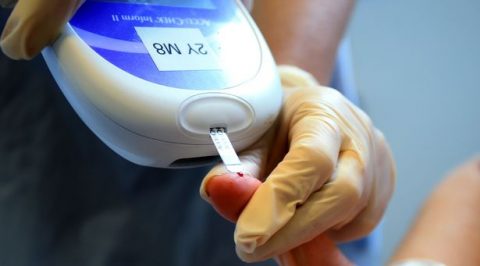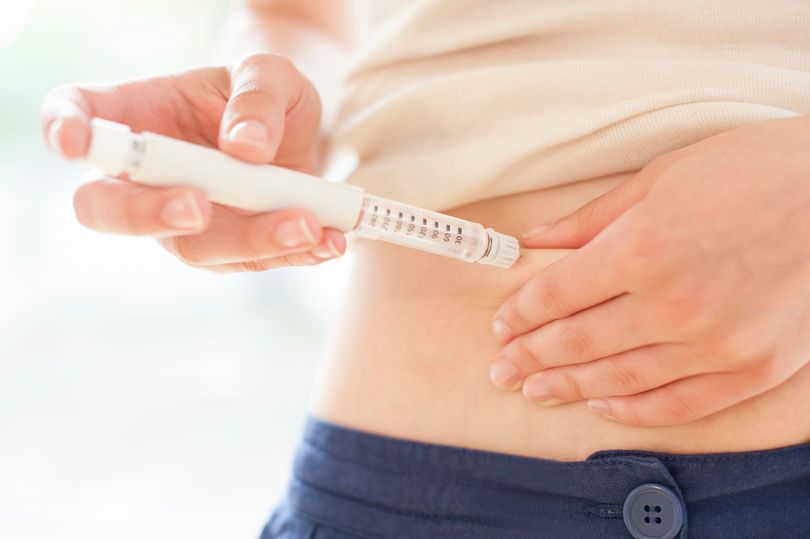Type 2 diabetes gets more and more common and, alongside the rise in obesity, it shows no sign of abating any time soon. With increasing numbers of sufferers, we need an easy way of treating diabetes – then along comes a very clever and beautiful new device.
It doesn’t cure but may prevent a worsening of the condition, which is good news for the more than three million Brits with type 2 diabetes.
It’s being trialled at University College Hospital, London, one of only four places in the world to test this new technique. It involves the insertion of a tiny “hot-water bottle” into the intestine and it’s thought that this radical new approach to type 2 diabetes could halt the disease and make insulin injections redundant.
The procedure involves passing a catheter, via the mouth and stomach, into the duodenum, at the beginning of the small intestine. Once in place, a small balloon is filled with water heated to 90C to destroy the lining of the duodenum. This causes the cells responsible for absorbing glucose, and releasing hormones into the body to control glucose levels, to grow afresh.
The simple insertion is performed under sedation and takes less than an hour. It “resets” the body’s ability to regulate blood sugar levels.

Doctors hope the procedure could have a major impact on the country’s diabetes epidemic and the first UK patients had the procedure over the summer at University College Hospital.
Dr Rehan Haidry, a consultant gastroenterologist who’s leading the trial at UCH, called it “a phenomenal concept”. He said: “This is probably the most exciting thing I have been involved in over the past few years in terms of its value to healthcare.”
Type 2 diabetes is caused by the body becoming resistant to insulin, meaning glucose stays in the blood and its levels rise. Medication is needed to keep blood sugar levels close to normal and eventually insulin injections may be necessary.
Dr Haidry said: “The purpose is not to get someone off medication completely, but to reduce that pill burden while eliminating the chance of it getting worse.
“Some patients may even be able to come off their medication.”
Fourteen patients had the procedure at UCH, with more due soon, and trials are being performed simultaneously at several European hospitals.
Dr Haidry said the treatment may also be beneficial for patients with fatty liver disease or polycystic ovary syndrome . Quite a device, then!

